The 2020 Jan Michalski Prize for Literature has been awarded to Mia Couto for his trilogy As areias do imperador (Editorial Caminho, 2015-2017)
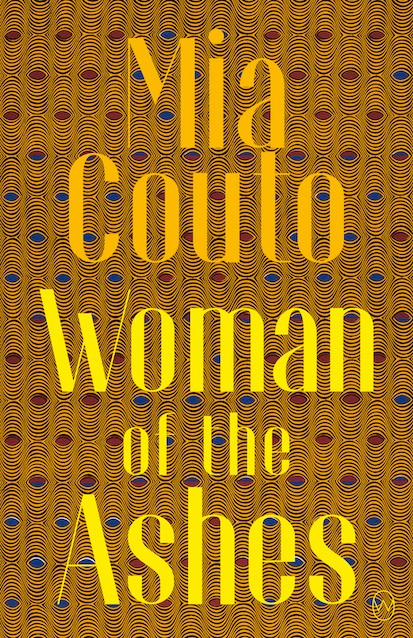
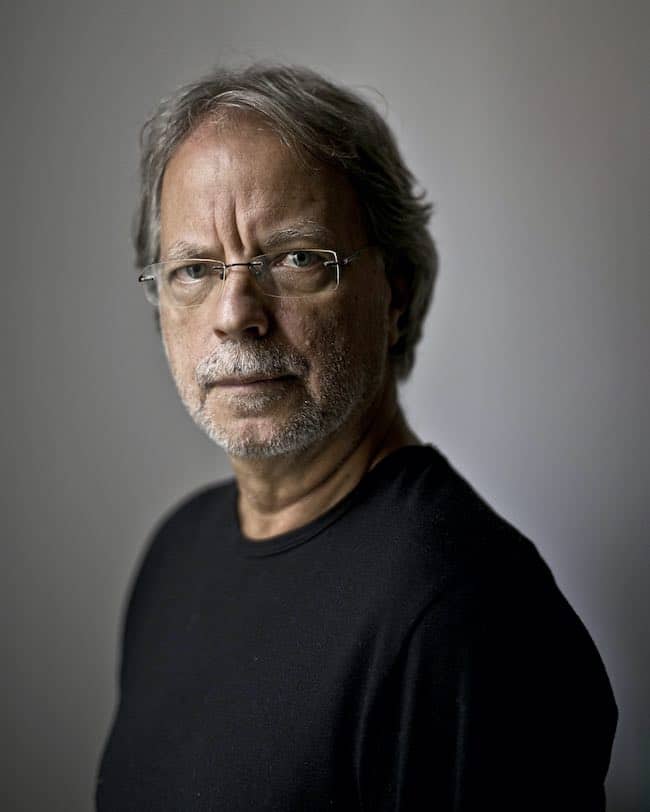
The 2020 Jan Michalski Prize for Literature has been awarded to Mia Couto for his trilogy As areias do imperador (Editorial Caminho, 2015-2017), translated in French from the Portuguese of Mozambique by Elisabeth Monteiro Rodrigues (Les sables de l’empereur, Éditions Métailié, 2020). The English version, Sands of the Emperor, translated by David Brookshaw, is available from World Editions (UK) and Farrar, Straus and Giroux (USA).
The jury hailed the “exceptional quality of the writing, which subtly mixes orality and narrative, letters, tales, fables, dreams, and beliefs that are at the heart of a historical reality, that of Mozambique in the late 19th century as it grapples with Portuguese colonization. Without the least trace of Manicheism, the author excels at portraying with great empathy characters faced with the inhumanity of war, offering them an epic inspiration out of the lush natural world of Africa.”
The Jan Michalski Foundation for Writing and Literature awards the prize on line this year.
Laureate
Singled out today for the 2020 Jan Michalski Prize, Couto’s Sands of the Emperor was originally published as three separate books, which were brought together in a single volume for the French edition. This trilogy plunges us into the Mozambique of the late 19th century when the country was ravaged by wars of clans and colonists. The emperor Ngungunyane notably, the head of the kingdom of Gaza in the country’s south, long struggled against the ambitions of the Portuguese crown before meeting with defeat, deportation to Lisbon, where he was exhibited with his court like a war trophy, and finally exile to the Azores. Throughout the work’s three parts – in English translation The Woman of the Ashes, The Sword and the Spear and the forthcoming The Drinker of Horizons – Mia Couto narrates as much as he questions the above historical reality through the hybrid voice of two fictional characters, Imani Nsambe, a young Mozambican woman who has been educated by Portuguese missionaries, and the man for whom she must work as an interpreter and to whom she is tied by an impossible love, the soldier Germano de Melo. Sent away to Africa by the Portuguese monarchy because of his republican convictions, the latter pointedly keeps his distance through the hierarchy he insists on. Yet their experiences complement one another. While German strives to describe in his letters the conflicts playing out before his eyes and his struggles to integrate the values of colonialism, Imani bears the pain of being between several world and languages, with only her memory of African legends as her only ally. Her perfect mastery of the colonizers’ tongue relegates her to the margins of the Black community, while her roots set her apart from the settlers, a fate in which, despite being an interpreter and later captive spy, she is destined to build bridges between Portugal and Ngungunyane’s kingdom.
Flamboyant and painful, Imani and Gemano’s saga is made up of a series of exiles, attempts to break down barriers and misunderstandings, doubts and acts of violence, concentrating all that the shock of colonization can generate, but with the particularity of being given a polyphonic telling. These characters with their multiple identities, these shattered souls offer us through their fragmented gaze a range of perspectives on history in order to better understand it.
Sands of the Emperor then, both historical saga and enchanting tale, a powerful portrait of a woman, and a story of love and humanity, succeeds in bringing together face to face elsewhere and here. With an inventive idiom that is renewed by East African lands and watered by his singular poetry, Mia Couto questions beliefs, blends worlds, and blurs borders in a universal meditation on otherness.
Winner of the 2020 Jan Michalski Prize, Mia Couto receives an award worth CHF 50,000 as well as a work of art specifically chosen for the recipient: a pair of unique sculptures by the Nigerian artist Alimi Adewale, Untitled,2019, ekki wood, height 47 cm.
Biography
Born in 1955, the son of Portuguese emigrants living in Mozambique, the writer and biologist Mia Couto grew up in Beira, then moved to the city of Maputo. He began by studying medicine but interrupted his studies to join the anti-colonialist liberation movement in the country, FRELIMO (the Mozambique Liberation Front). Following the declaration of Mozambique’s independence from Portugal in 1975, he became a journalist, notably for Tempo and Noticias, before embarking on a career in biology, specializing in the study of coastal zones, alongside his work as a writer. He also taught ecology at the University of Maputo.
Through a series of tales, newspaper columns, poems, and novels, Mia Couto has written a masterful body of work that is simultaneously erudite and popular, funny and tragic, universal and rooted in his native Mozambique. From Sleepwalking Land (Serpent’s Tail, 2006), set against a background of civil war, to the trilogy Sands of the Emperor (World Editions, 2019-2020), not to mention Under the Frangipani (Serpent’s Tail, 2001), The Last Flight of the Flamingo(Serpent’s Tail, 2004), The Tuner of Silences (Biblioasis, 2013) and Confession of the Lioness (Vintage, 2015), the author mixes the orality, legends and beliefs of Africa with the violence that runs through the history of his country and the questioning of roots.
Translated into over thirty languages, his texts have been awarded many prizes, including the 2013 Camões Prize and the 2014 Neustadt Prize for his work as a whole. Couto is now considered by critics and his peers to be one of the most important African writers and one of the most significant voices working in Portuguese.
Selections

Sands of the Emperor
World Editions, London, 2019-2020-…
Proposed by Vera Michalski-Hoffmann
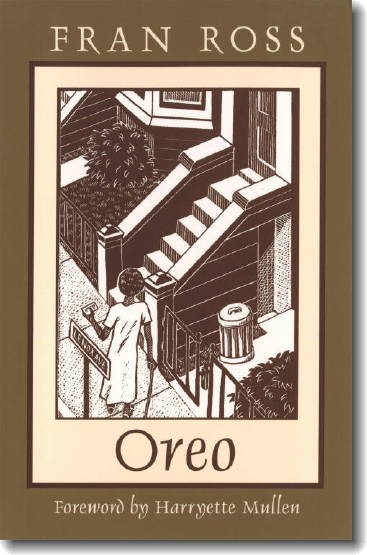
Oreo
Proposed by Siri Hustvedt
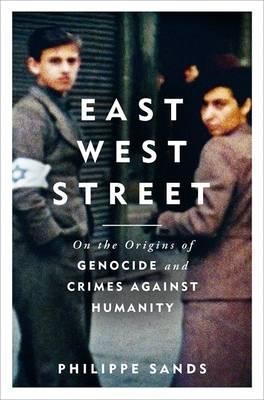
East West Street
Proposed by Andrey Kurkov

Sands of the Emperor
World Editions, London, 2019-2020-…
Proposed by Vera Michalski-Hoffmann

Oreo
Proposed by Siri Hustvedt

East West Street
Proposed by Andrey Kurkov
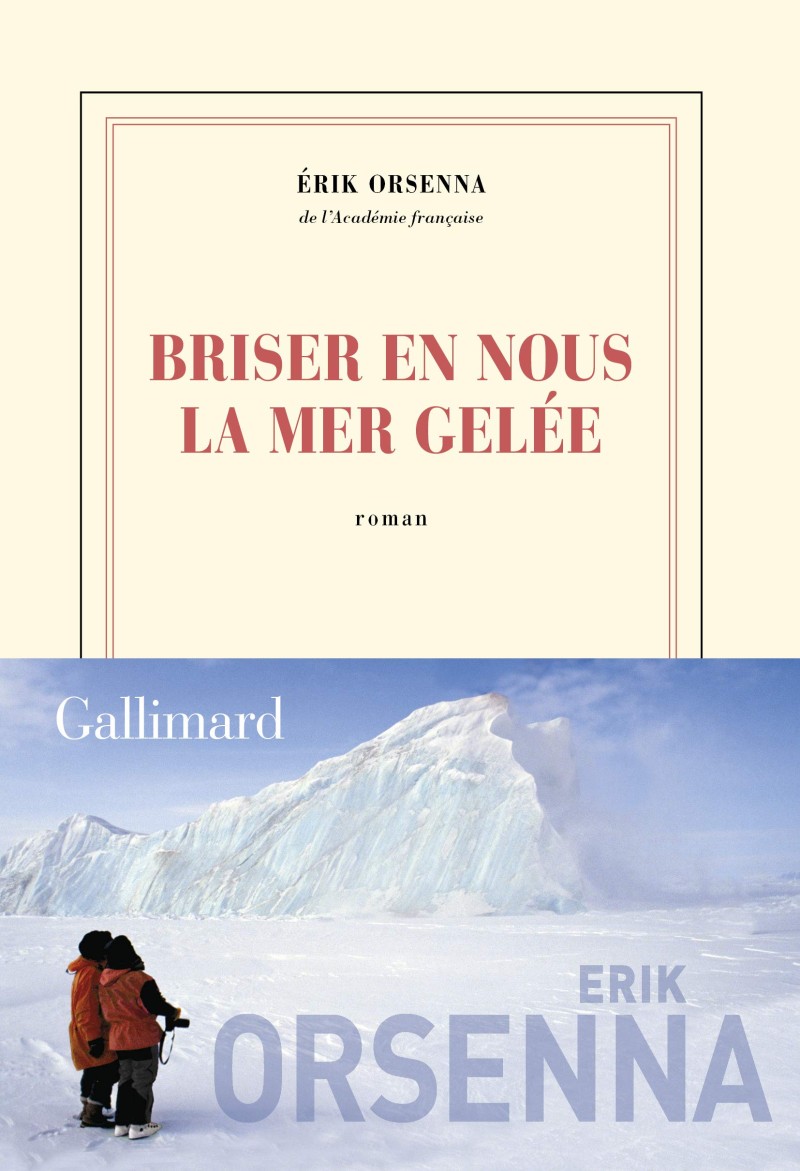
Briser en nous la mer gelée
Proposed by Benoît Duteurtre
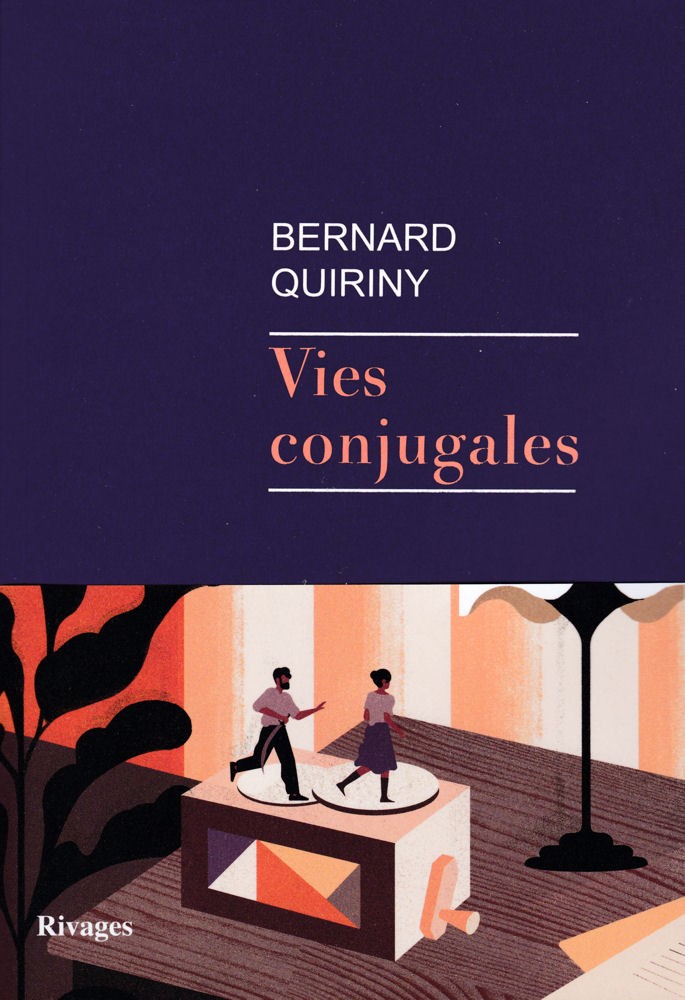
Vies conjugales
Proposed by Benoît Duteurtre

Sands of the Emperor
World Editions, London, 2019-2020-…
Proposed by Vera Michalski-Hoffmann

Oreo
Proposed by Siri Hustvedt

One Clear, Ice-Cold January Morning at the Beginning of the Twenty-First Century
Quercus, London, 2019
Proposed by Alicia Giménez Bartlett

Will and Testament
Verso Books, London and New York, 2019
Proposed by Alicia Giménez Bartlett

Briser en nous la mer gelée
Proposed by Benoît Duteurtre
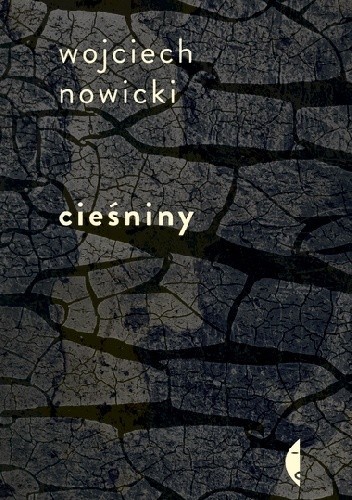
Cieśniny
Proposed by Tomasz Różycki
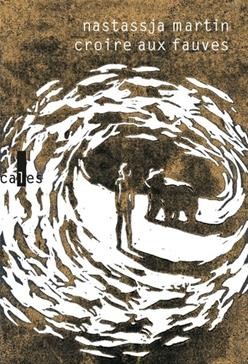
Croire aux fauves
Proposed by Vera Michalski-Hoffmann
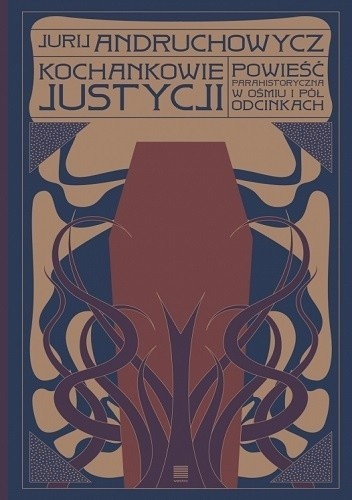
Kochankowie Justycji
Proposed by Tomasz Różycki
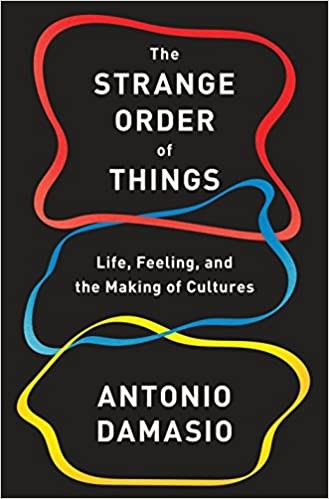
The Strange Order of Things: Life, Feelings, and the Making of Cultures
Proposed by Siri Hustvedt
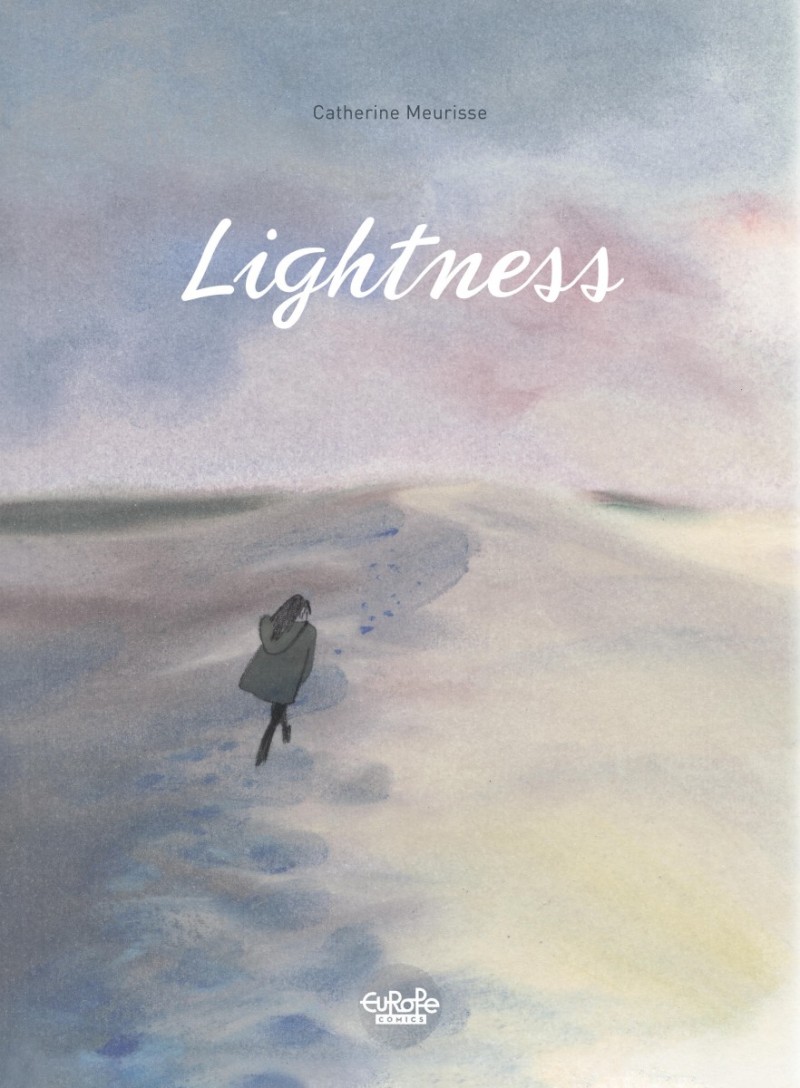
Lightness
Proposed by Jul (Julien Berjeaut)
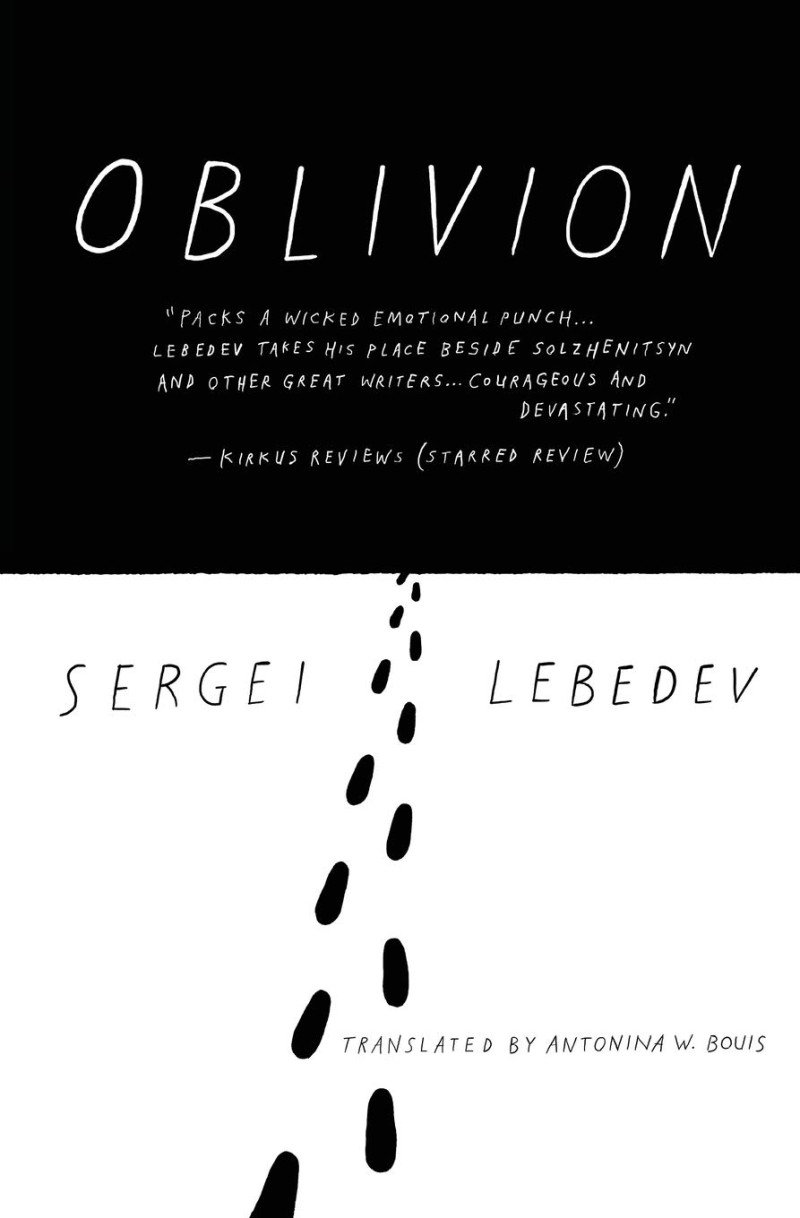
Oblivion
New Vessel Press, New York, 2016
Proposed by Carsten Jensen
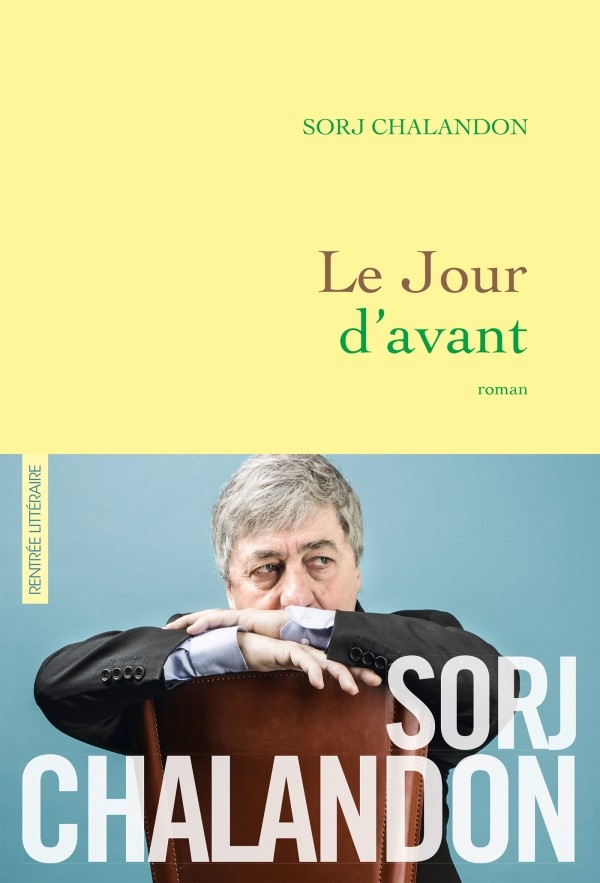
Le jour d’avant
Proposed by Andrey Kurkov
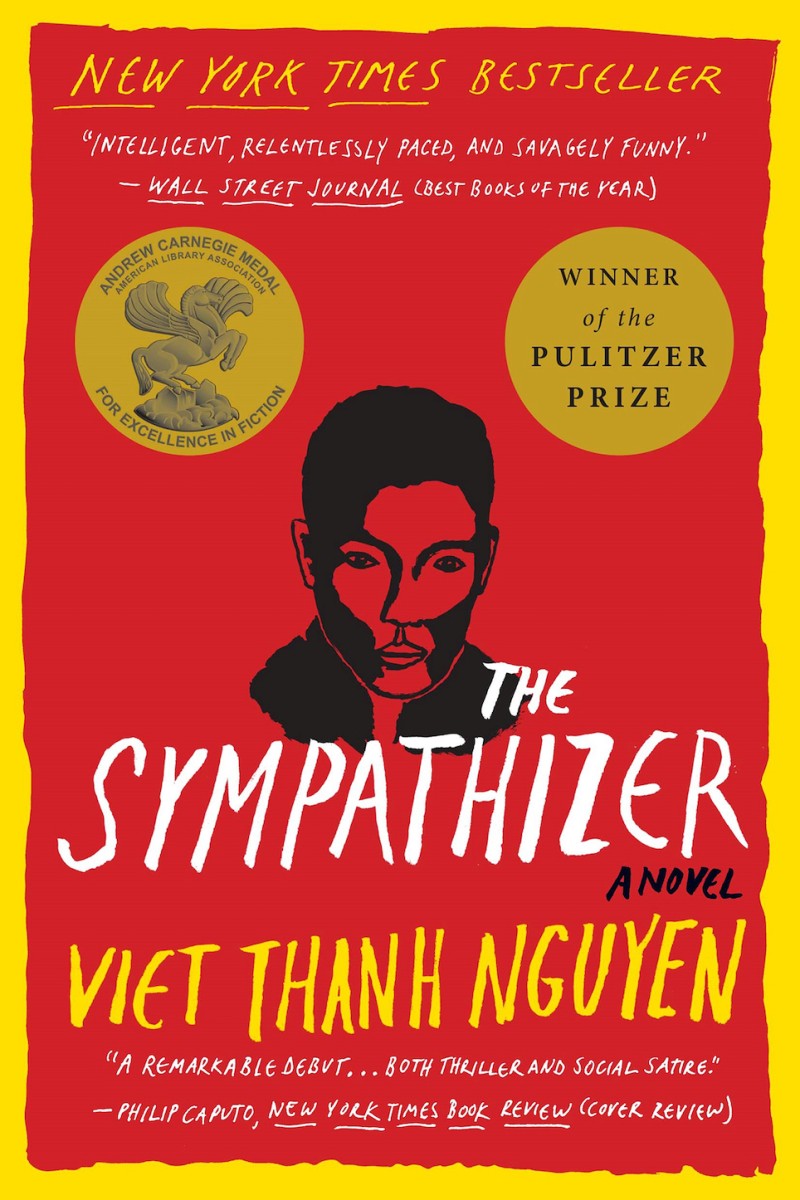
The Sympathizer
Proposed by Carsten Jensen
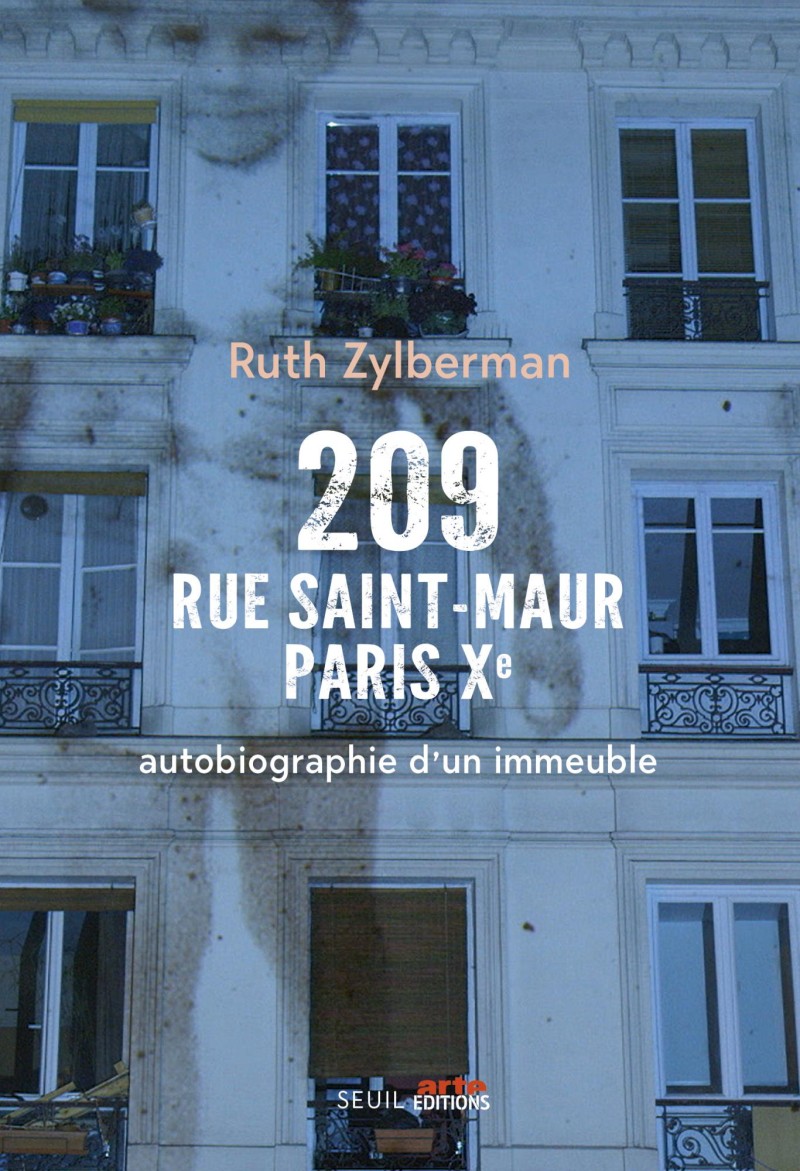
Les enfants du 209 rue Saint-Maur Paris Xe
Proposed by Jul (Julien Berjeaut)

East West Street
Proposed by Andrey Kurkov

Vies conjugales
Proposed by Benoît Duteurtre
Jury
Vera Michalski-Hoffmann, President of the jury
The publisher Vera Michalski-Hoffmann, who has always been committed to promoting literature and the written word, founded the publishing group Libella with Jan Michalski. Since 1986, numerous authors have been brought out in French and Polish at various publishing houses, including Noir sur Blanc, Buchet-Chastel, Phébus, Wydawnictwo Literackie, and World Editions. In 2004 Vera Michalski created the Jan Michalski Foundation for Writing and Literature, whose mission is to foster literary creation and encourage the practice of reading through a range of initiatives and activities.
Jul (Julien Berjeaut)
The political cartoonist and author of French comic books Julien Berjeaut, known as Jul, was born in 1974. He graduated with a teaching degree in history and was teaching Chinese history when he decided to devote himself to cartooning. He has worked for a number of newspapers and magazines, including Lire, Charlie Hebdo, Le Nouvel Observateur, Libération, and Le Monde. In 2005 he published his first comic book with Il faut tuer José Bové, a popular success that poked fun at anti-globalists. Jul has also worked as a cartoonist for various television shows (Le Grand Journal on Canal+, La Grande Librairie on France 5, 28 minutes on Arte). In 2012 his series Silex and the City was adapted for television (Arte) as an animated series, followed by 50 nuances de Grecs, inspired by his comic book of the same name. In 2016 he became the new cartoonist behind the venerable Lucky Luke series of comic books, the forthcoming volume in English, A Cowboy In High Cotton, will be published in 2021.
Benoît Duteurtre
The novelist, essayist, and music critic Benoît Duteurtre was born in 1960 in Normandy, France. He took a degree in musicology and published his first novel, Sommeil perdu in 1985. Drôle de temps was awarded the 1997 Prix de la nouvelle de l’Académie française, and Le voyage en France the 2001 Prix Médicis. La petite fille et la cigarette (2005; The Little Girl and the Cigarette, 2007) has been translated into a score of languages and was adapted for the stage. Since 2006, he writes for the literary review L’Atelier du roman with Milan Kundera and Michel Houellebecq. His recent titles are Livre pour adultes (2016) and En marche! Conte philosophique (2018). He is the author of numerous music shows that have been broadcast by France 3, France 5, and France Musique, and writes for the magazine Marianne, as well as Le Figaro littéraire and Le Monde de la musique.
Alicia Giménez Bartlett
Born in Almansa, Spain, in 1951, Alicia Giménez Bartlett holds a degree in philology and graduated from the University of Barcelona. She wrote her first novel Exit in 1984. Since then, her essays and novels have garnered many literary prizes: Una habitación ajena captures the tense relations between Virginia Woolf and her maid (Femenino Lumen Prize, 1997), Donde nadie te encuentre (Nadal Prize, 2011), and Hombres desnudos (Planeta Prize, 2015). With her detective stories featuring Petra Delicado she has become one of the most famous Spanish thriller writers, translated into sixteen languages. Those investigations have been adapted for television. They also earned her the prestigious Raymond Chandler Prize in 2008.
Siri Hustvedt
Siri Hustvedt was born in 1955 in Minnesota (USA) to Norwegian-American parents. This American writer, poet and essayist is also specialized in psychiatric studies. Hustvedt, after earning her PhD in English literature from Columbia University, published her first novel in 1992, The Blindfold. She followed this debut work with a series of novels that includes What I Loved in 2003, The Summer Without Men in 2011, and The Blazing World in 2014, all of which enjoyed international success. Her nonfiction book The Shaking Woman or A History of My Nerves (2009) examines psychiatric troubles while drawing connections between the humanities and the neurosciences. Since 2015 Hustvedt has also taught as a lecturer in psychiatry at Cornell University’s Faculty of Medicine. In 2012, she was given the Gabarron International Award for Thought and Humanities. In 2019, she received the Princess Asturias Award for her work as a whole, and the Charles Veillon European Essay Prize for The Delusions of Certainty. Her books have been translated into over thirty languages.
Carsten Jensen
The writer and journalist Carsten Jensen was born in 1952 in Marstal (Denmark). After graduating from the University of Copenhagen with a master’s degree in literature, Jensen started writing for the daily Politiken and became a regular contributor to a number of titles in the Danish press. In 1997 he received the Danish booksellers’ Golden Laurel Award for his travel book Jeg har set verden begynde. In 2001 he began teaching at the Faculty of Arts of the University of Odense. His first novel, Vi, de druknede (We, the Drowned), published in 2009, enjoyed great critical and popular success and earned him the prestigious Danske Banks Litteraturpris while the French translation of the book took the Prix Gens de mer at the Étonnants Voyageurs (Amazing Travelers) Festival of Saint-Malo. In 2010 Jensen was awarded Olof Palme Prize. His monumental novel Den første sten (The First Stone) about a group of Danish soldiers who volunteered to serve in Afghanistan was published in 2015. His work has been translated in some twenty countries.
Andrey Kurkov
Andrey Kurkov is a Ukrainian writer who writes in Russian. Born in St. Petersburg in 1961, he graduated from the Kiev Foreign Languages Institute, worked for a time as a journalist, did military service as a prison warder in Odessa, then became a film cameraman, writer of screenplays and novelist. He is the author of nineteen novels – including the critically acclaimed Death and the Penguin (2002), The President’s Last Love (2008), The Milkman in the Night (2012), Bickford Fuse (2016) –, nine books for children, twenty documentary, fiction and TV movie scripts, and the work of reportage, Ukraine Diaries: Dispatches from Kiev (2014). His latest book Grey Bees (2020) dramatizes the conflict raging in his country through the adventures of a mild-mannered beekeeper. His work is currently translated into forty languages. He has recently been elected the President of PEN Ukraine.
Tomasz Różycki
The poet, essayist and translator from the French Tomasz Różycki was born in 1970 in Opole, Poland. After taking a degree in Romance philology at the Jagiellonian University (Kraków), he joined the teaching staff at the teachers training college for foreign languages in Opole. His work, emblematic of a generation caught up in the current uncertainties roiling world politics, is published in France, Germany, Italy, Slovakia, and the United States. His long poem called Twelve Stations (2015), originally published in Polish in 2004 under the name Dwanaście stacji, was awarded the 2004 Kościelski Foundation Prize and was nominated for the 2005 Nike Prize. Colonies, translation into English from Kolonie, won the 2014 Northern California Book Award for Poetry in Translation. He has translated Mallarmé, Rimbaud, and Segalen, and writes for numerous reviews, such as Czas Kultury, Odra, PEN America.
Related
Dossier de presse
Prix Jan Michalski de littérature 2020













